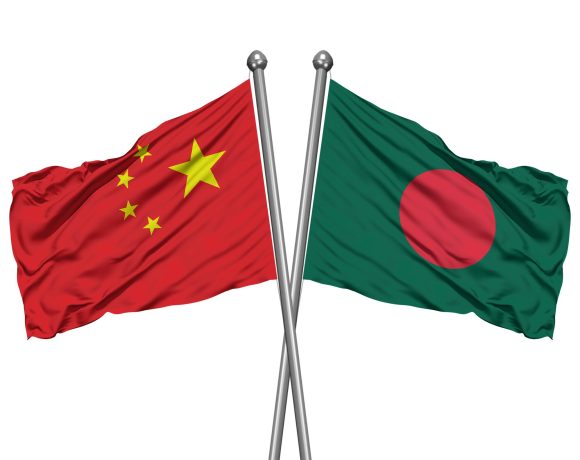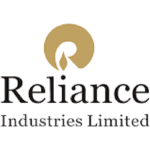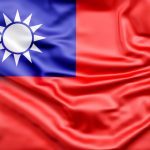
Exemptions in President Trump’s Recent Tariff Announcements
President Donald Trump’s newly introduced tariff policy, which applies a baseline 10% duty on all imports into the United States, includes targeted exemptions for several critical sectors. These exemptions appear to be strategic, aimed at minimizing disruption to essential services and high-priority industries while the broader policy seeks to promote domestic manufacturing and reduce foreign dependency.
Key Sectors Exempted from Tariffs
The following sectors have been granted exemption under the new tariff framework:
-
Pharmaceuticals: Medicines and drug-related products are exempt to avoid jeopardizing healthcare accessibility and to control any potential rise in medication costs.
-
Semiconductors: Recognized as the backbone of modern electronics and vital to national security and industrial operations, semiconductor products are excluded to preserve stable supply chains.
-
Energy Products: Certain energy imports have been spared from tariffs to ensure energy price stability and maintain uninterrupted supply in a sector critical to both industry and consumers.
-
Lumber Articles: Specific lumber products, used primarily in construction, have been exempted to shield the housing sector from increased material costs.
-
Copper and Gold: These metals, crucial for electronics, finance, and industrial use, have also been kept outside the tariff scope, likely due to their impact on multiple economic sectors.
Purpose Behind the Exemptions
These exclusions are designed to strike a balance between the administration’s protectionist agenda and the need to keep vital sectors stable and competitive. The aim is to avoid passing on higher costs to American consumers in areas like healthcare, energy, and housing, while still advancing the broader economic strategy of reshoring critical manufacturing.
Impact and Outlook
While the exemptions provide immediate relief to selected sectors, they remain conditional and subject to future policy reviews. Industry stakeholders have welcomed the move but remain cautious, recognizing the possibility of further trade adjustments or retaliatory actions from affected countries.
As the global trade landscape continues to shift, businesses are advised to closely monitor developments and prepare contingency plans. The exemptions reflect a calculated approach—protective yet pragmatic—signaling a recognition of sectoral vulnerabilities within a broader policy of economic nationalism.


















